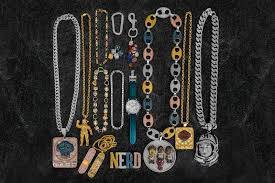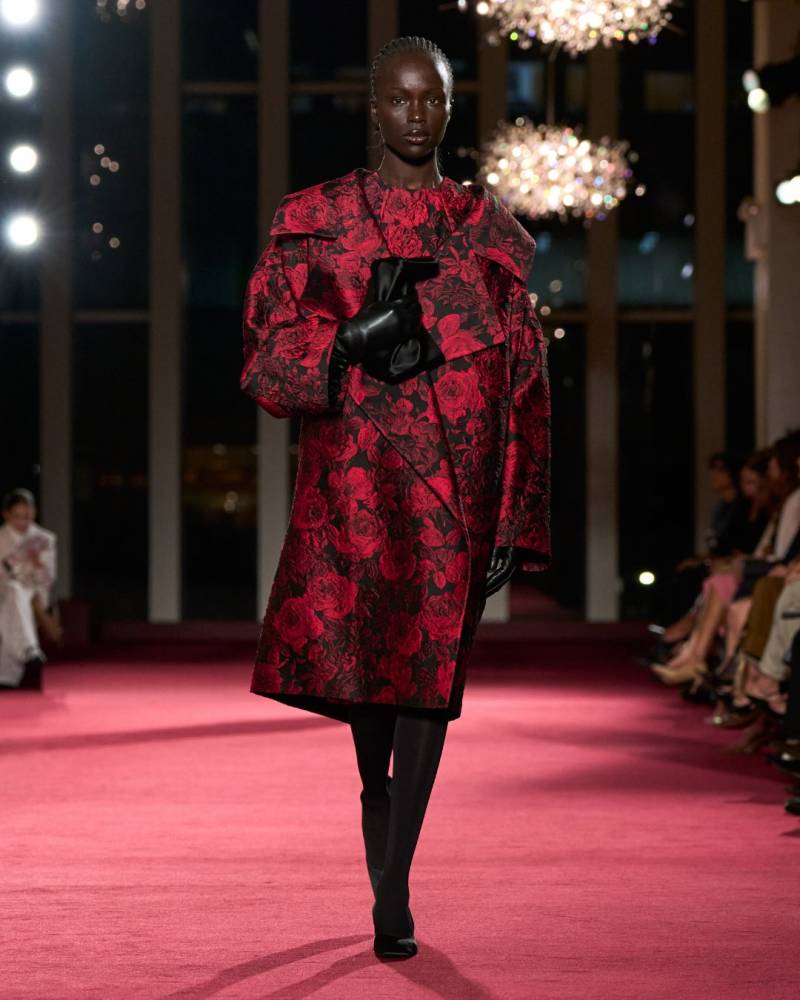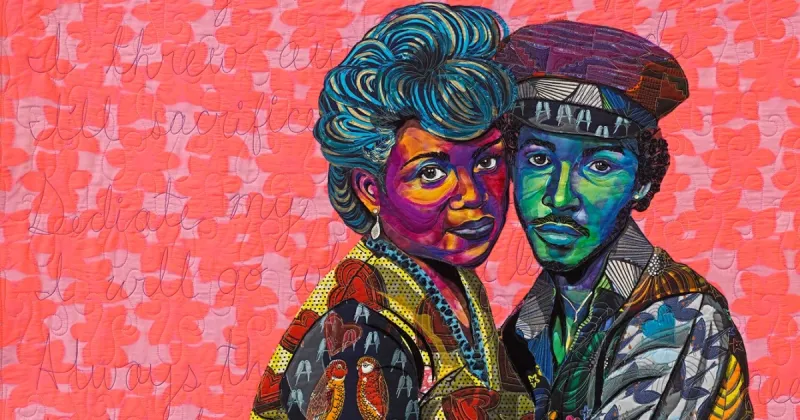Music of African origin is sunshine and heartbeat. One can recognize African music for its quiet frenzy, the promise of vitality, color, and pep.
However, music of African origin bears little or no research as an intellectual exercise. The shape, form, and science of African music have yet to receive onward appreciation and recognition. We see this evidence in the misrepresentation of sounds and works from Africa, especially on such a global stage as the Recording Academy.
The Global music category seems to embrace all evolving sounds from across the continent. This is perhaps a move that lauders the Recording Academy’s image from its perceived stance on colonization. With the world music category overturned recently, it ignored the goings-on in evolving sounds from Africa.
Recently, the Afrobeat(s) genre has taken the global music community aback. Music critics and patrons of the art have their ears tuned to Nigerian popular culture, other African countries are lending from this sound for inclusion and relevance.
Perhaps, nothing is new about this sound that has caught on. The unpublished truth is its grounding in Afrobeat music: a genre of activism laced with brass sound, with Fela Anikulapokuti as its vanguard.
Afrobeat(s) is neo-Afrobeat or a distilled version of Afrobeat with Africa-induced pop. However, Afrobeats is thriving and running on the flames of another genre called Fuji.
Afrobeat is an amalgam of Highlife, Free Jazz, and Fuji music. The spiritual roots of Jazz help locate the history of Afrobeats, especially in its ability to wield influence by speaking truth to power.
Jazz is black improvisational music developed by African Americans and influenced by European harmonic structure and African rhythms.
Jazz carries the painful pangs of slavery and provides an outlet for freedom of expression. A jazz set is a home to experimentation, tolerance, restraint, and harmony.
Highlife music emerged in colonial Africa. It was the music of the Ghana aristocracy. Lower-class citizens were not allowed access to the concert venues- hence, the brand of music was called Highlife.
The genius of the Afrobeat sound is its ability to produce a compelling hybrid of culture and sound, fusing classical rhythms and making this rich sound egalitarian.
Afrobeat became the sound of the disenfranchised because it commented on political absurdities and promoted human decency and self-respect. It has the central theme of reggae music but with a harsh and rebellious lyrical tone, sweetened with brass sounds.
Arguably, popular Nigerian music stems from two-brother sounds: Afrobeat and Fuji. Their spiritual ancestry is Christian and Islam respectively. While Afrobeat has a slight spiritual or neutral undertone, Fuji is purely a southwestern Nigerian Islamic sound and remains so to date.
While Afrobeat has obvious and traceable influences, it is imperative to note that Fuji music is purely organic and ever-evolving. This is perhaps why it finds residency with rave-making musicians in every generation of Nigerian pop music many years later.
History recalls that the Fuji music began with ‘Ajiwere’- a call to prayer sung to wake the Muslim faithful during the annual Ramadan fast.
Barrister Sikuru Ayinde is the originator of Fuji music. He named the genre Fuji, inspired by an image of Mount Fuji he saw during a visit to Japan. When asked about the ancestry of Fuji music, he explains that it is a combination of Apala, Sakara, Juju, Aro, Afro, Gudugudu, and Highlife.
This Fuji genre distills like local sounds for export; as a result, it clearly describes the tempers and energy of the socio-cultural dialects of southwest Nigeria, especially Lagos. However, what reggae is to Kingston, Jamaica, and Hip-hop to black America, Fuji is to the Yoruba of Southwest Nigeria.
Fuji is one of the most important musical genres in Nigeria. The story of Nigeria is incomplete without referencing the immense contributions of the pioneering Fuji founders who used their voices for activism during the military regimes. Through their music, musicians fought against military oppression and brutality and called for a better Nigeria for its citizens.
Fuji, in the early 1990s, was a melting pot. It was a national language.
Dance moves from their Fuji music videos were widely imitated by all young and old, of all classes and ethnicity.
With every Fuji record, the listener is fed themes of life, death, wealth, pride, ego, betrayal, identity, conflict, and more. There is a duality in the Fuji music genre. The music videos had icons of wealth, bold fashion statements expressed with sequined agbadas, flashy cars, big gold chains, trophy women, and provocative choreography. In the same vein, almost all the studio records opened with Quran references and Islamic praise-singing. This duality makes this genre human and very relatable to its people.
Moreso, Fuji was the original ‘battle’ genre. Long before ‘beef’ amongst American rappers became a worldwide spectacle; Fuji fathers used wordplays and metaphors to proclaim their superiority over each other. The most widely reported is the battle between two of the genre’s greats- Ayinde Barrister and Ayinla Kollington- a riff that sadly never had a resolution until the demise of the former over ten years ago.
There is no denying the influence of Fuji Music in modern-day celebration culture; Fuji music invented praise-singing. From the late 70s, Fuji artists sang to influential men; they were the original marketers of politicians and industry captains. For as long as the genre has been in existence, it has always provided a platform for agenda-setting.
But the most profound impact Fuji music had on its listener is its innate activism. This was most pronounced during the fight for democracy during Nigeria’s brutal military regime. Ever since, Fuji artists have had an incredible influence on local communities across the southwest region of Nigeria- some of the most prolific political activism ever recorded on tape are on the genre’s B-Sides used perfectly to canvass for equality – a call to end oppression.
Recognize what has made this genre one of the most original music genres to come out of Africa is how it inspires musicians on the continent, even as far as Asia. The genre is a slow burn when you measure its influence amongst non-Africans.
Fuji music is rather pervious and identity-defining. The yellow buses that limn the landscape of Lagos suburban landscape all carry lingos, symbols, memorabilia, and images of the Fuji music genre. These create a permeable subculture immune to trends and cultural shifts but tolerant to use as a reference for onward creative production. Fuji music is like a granddad with a grand house with behemoth fences, yet he keeps his pearly gates wide open.
To establish the influence of Fuji music on popular music today, listen to Fuji hook lines from Bankuli, the Nigerian artiste who made vocal contributions to Beyonce’s –The Lion King album.
Burna Boy, the 5th Grammy Award winner, a Nigerian, has his lyrics, voice texture, and soundly grounded in Fuji music.
The new rave of Nigerian music artists such as Kizz Daniel, Zinolesky, and Portable, are all lending from the rich effervescence of the Fuji music genre. The world still seems to turn a blind ear.
However, it is unfortunate that the patrons of Fuji music sound today are not recognized for their musicianship and contribution to improving the Fuji music genre. The Recording Academy rewards excellence in music by every artist, of every genre, and every age. Fuji music has never been on this recognition radar; perhaps it’s about time.
The submission above reminds me of Naomi Campbell’s open letter to the Recording Academy for being tone-deaf after the outcome of the Global music category in 2022. In her words, “changing world music to Global music is not enough; get up to speed on the state of popular music and include Afrobeats Artist of the Year, Album of the year, all the subcategories that this genre does deserve- just as any other respected and recognized music genre”.
It is convenient to think of the world music category as a tribute to the creation myth, which alludes to Africa as the cradle of man. The world music category at the Grammys jumbles and sounds misunderstood by western music critics. Over the years, the world music category has come across as forced inclusivity. The big question is, would the evolution of the Global Album category recognize Fuji music and other proliferating sounds from all over the world?
The Recording Academy could redefine itself as a music research unit for uncelebrated music of foreign origin, creating a larger recognition table with disciplined categories.
More than the advocacy for Afrobeats, there is his twin-benevolent brother- Fuji music. The campaign should recognize these two music genres as cultural influencers worth a study because they are more relevant than the awards they could command.
Yes, Afrobeats has traveled the global ear and found residency and admiration. Yes, it is an exportable, beautiful polish of Fuji with Afrobeat with traces of influences from rhythm and blues, soul and funk, and not forgetting the genre-less drum slaps and pulsating rhythms with a promise of groove.
However, let us re-imagine these two genres, as we will in the prodigal son story. The errant brother was flighty, spritely, and fancy; the other was obedient, homey, and resourceful. The elder brother who stayed back at home deserves his flowers.




